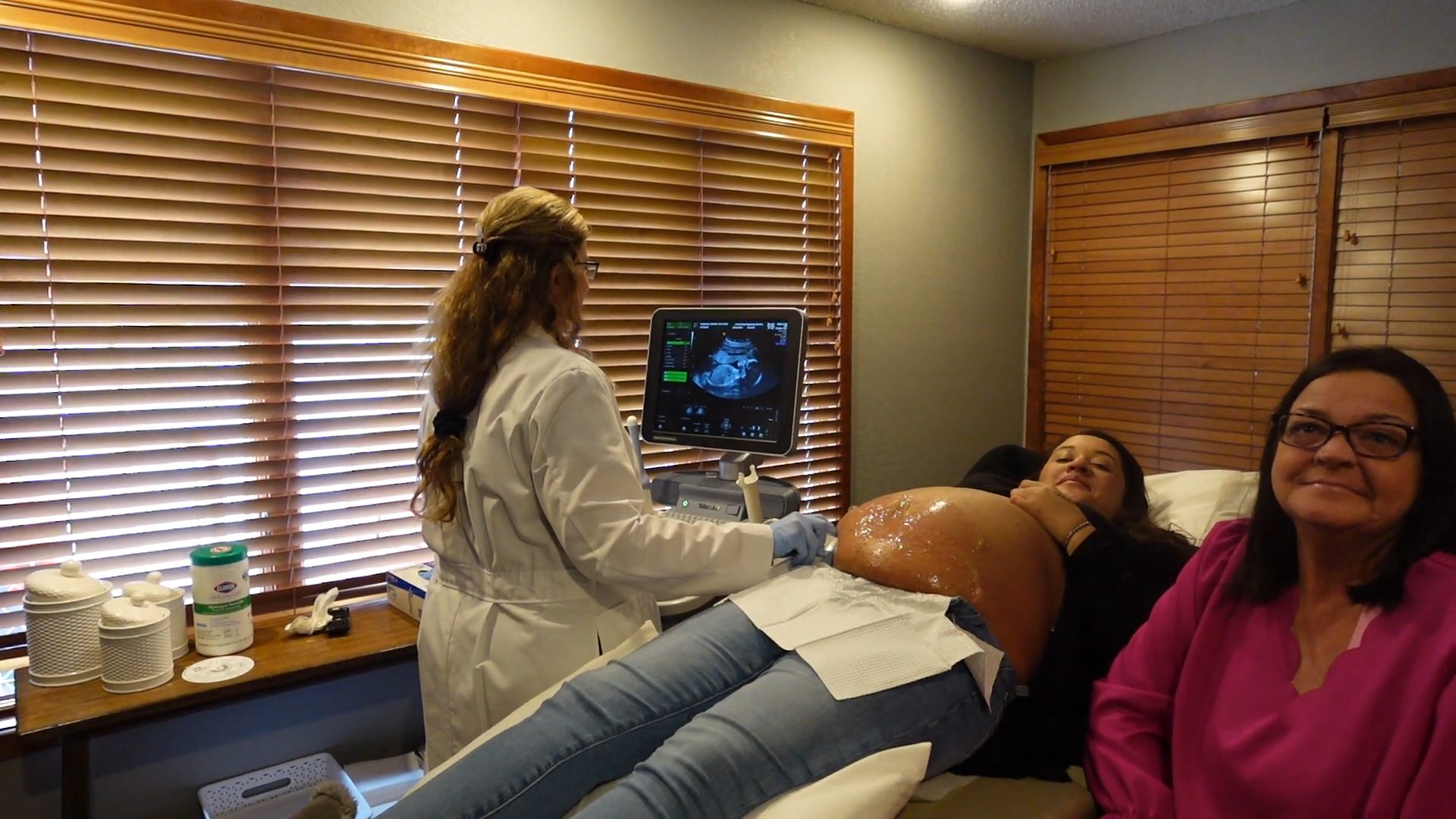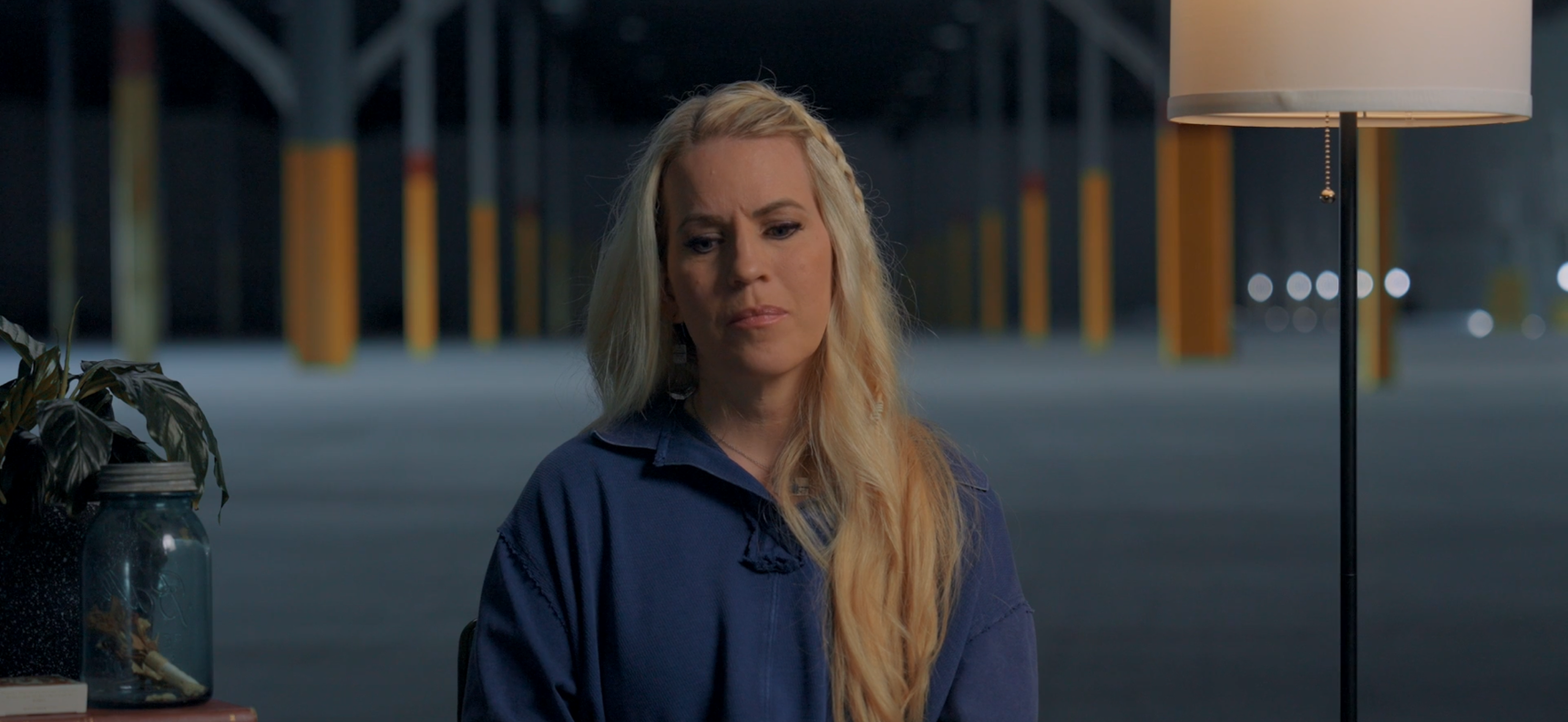Our teens are growing up in a world more complex, connected, and fast-paced than ever before and their health is shaped by far more than just what they eat and how much they exercise. Mental, emotional, relational, spiritual, and even vocational health all intertwine to influence who they are becoming. The choices they make today like what they watch, how they spend their time, the friends they keep, the substances they try or avoid, the way they care for their bodies…all of these can set the trajectory for their future. That’s why as parents, it’s vital to take a holistic view of their well-being, to look at every angle of health, and to be intentional in guiding them through thoughtful conversations. With the right resources and an open, grace-filled approach, we can help our teens navigate hard topics, develop resilience, and step into adulthood with confidence and faith.
Why This Matters Now
The numbers speak for themselves. Three out of four teens have been exposed to pornography before age 17. Nearly 15% of high school students currently vape, and over 30% of 12th graders use cannabis often without fully understanding its long-term effects on the brain. More than half of teens are inadequately hydrated, which can affect focus, mood, and energy. And while many teens feel optimistic about their future careers, most admit they lack the skills needed to reach their goals. Add to this the complexities of relationships, both healthy and harmful, and it’s clear that our teens need more than just a basic nutrition class. They need guidance, truth, discipleship and practical tools that address the whole person.
Understanding the Challenges Our Teens Face: in Numbers
Pornography Exposure
By age 17, about 73–75% of teens have viewed pornography, with the average first exposure at around age 12. Most exposures happen accidentally and can have lasting effects on mental health, relationships, and sexual development.
Vaping & Nicotine Use
Approximately 14% of high school students currently use e-cigarettes, with flavored varieties driving much of the popularity. Nicotine exposure during adolescence can impair brain development, attention, and increase the risk of addiction.
Cannabis Use
Among 12th graders, 30.7% reported cannabis use in the past year, with daily use reported by over 6%. Early cannabis use is linked to memory problems, learning difficulties, and greater risk for mental health issues such as anxiety and depression.
Mental Health & Substance Use Connection
There is a clear link between substance use and worsening mental health in teens. Vaping is more common among teens with depressive symptoms and can exacerbate mood disorders.
Hydration & Physical Health
Studies show that over half of adolescents are inadequately hydrated, which can negatively affect mood, cognitive function, and physical health. Older teens tend to consume more fluids than younger ones, but overall hydration levels remain low.
Career Aspirations & Skill Gaps
While 80% of teens feel optimistic about their future goals, many report lacking essential skills like applied math and technology that are crucial for career success.
Relationship Dynamics
About 35% of teens have had romantic relationships, with many not yet sexually active. However, nearly one in three teens report some form of dating abuse, either digital or offline. On the positive side, healthy teen relationships can improve self-esteem and reduce anxiety.
These numbers are not to scare you, but remind you that our kids need us and need our intentional guidance.
Resources to Help You Guide Your Teen
Pornography
- Focus on the Family – How to Save Kids From Becoming Addicted to Porn
- Christian Parenting (Terra Mattson) – Engaging Critical Conversations About Pornography
Talking About Sex
- ChristianParenting.org / pureHOPE – Talking to Your High Schooler About Sex
- Generations of Virtue – Sexual Purity Curricula
- Swipe Right by Levi Lusko – A biblical guide for teens on dating and purity
Vaping & Marijuana
- Adolessons (Dr. Dolly Klock) – Teen Party Culture workshops covering vaping, marijuana, and more
Mental Health
- Biblical Counseling Coalition – Gospel-centered counseling resources
- Focus on the Family – Teen mental health support
Career Path
- Lifeway (Mark Moody) – Teach Your Teen the Value of Work
- Divine Direction– by Craig Groeschel
Relationships
- Rooted Ministry – Discipling Teenagers in Love and Purity
- Relationship Goals by Michael Todd – Practical, faith-based relationship guidance
Hydration & Wellness
As parents, these topics might feel overwhelming at times but remember, you don’t have to do this alone. By combining biblical truth, relevant research, and compassionate dialogue, you can lead your teens toward healthy choices and lifelong wholeness. Use these resources to spark conversations, create safe spaces for questions, and build trust that will carry them well beyond their teenage years.




